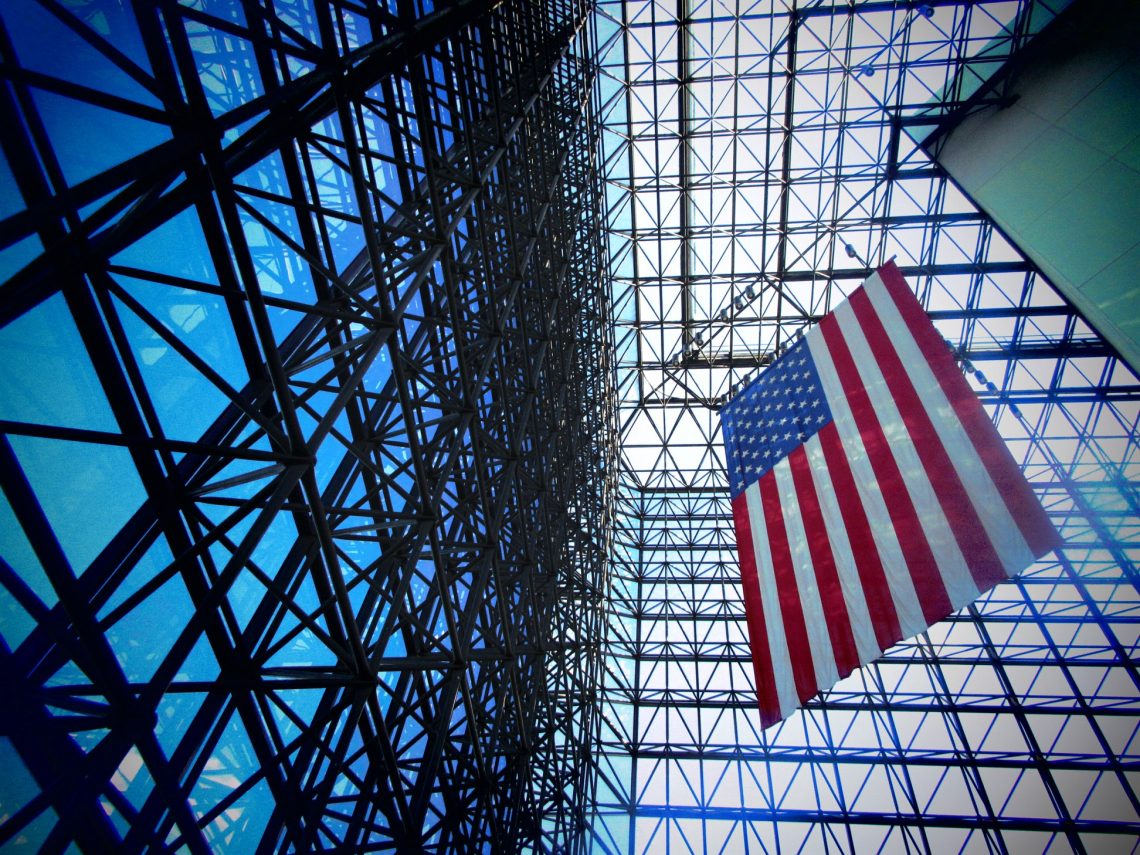
The Retelling of Tragedy
This afternoon, I encountered a group of children born several months after the events we try so hard to Never Forget. They listened. We shared. But I could see in their eyes that it wasn’t a part of their story in the way it has been described as a part of mine.
At some point, the telling and retelling of tragedy loses its empathy among those who simply weren’t alive to experience it. Numbness often kicks in for a child who has listened, year after year, to each new teacher from each new class tell yet another story about “where they were” when the towers fell. Our kids, especially those who love their teachers, sincerely want to care to the same extent we care, but true sorrow can’t be manufactured. And we can’t force them to identify with the tears we shed more than 15 years ago.
Just as other generations mourned the assassination of a president or the explosion of a shuttle, these kids will face their own tragedies. But like every hardship, time will pass and generations will again rise up with no memory of the stories their teachers tell. History, as a written record, will never let us forget the significant events that shape a nation, but the emotions we felt on a given day cannot live forever, nor should they. Our flashbacks do not belong to our children. Some things will indeed be forgotten and that is, for better or worse, the inevitable reality of human existence.
